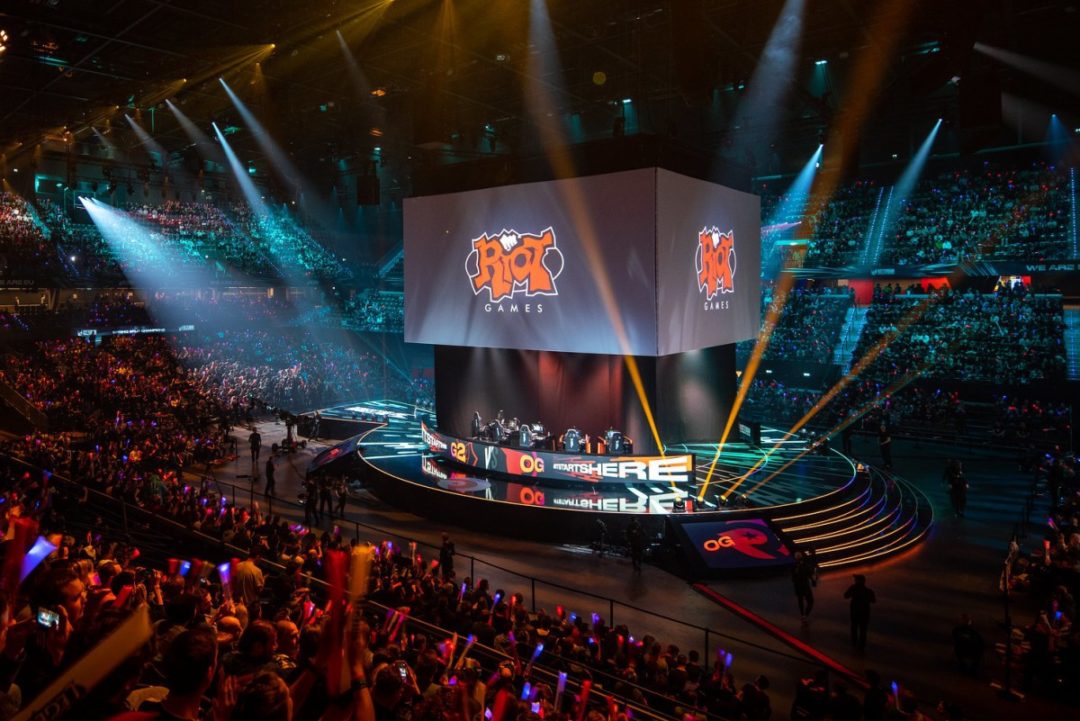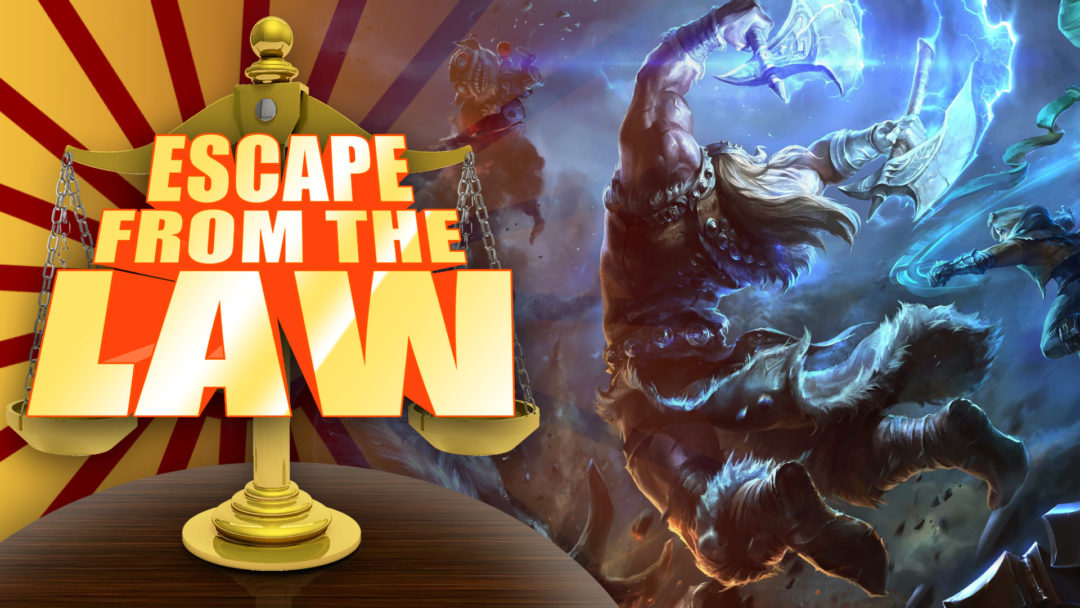Last November, Riot Games — the studio responsible for League of Legends — was named as the defendant in a class action lawsuit alleging gender discrimination. Given its expansive scope, it’s not surprising that the Me Too movement would eventually reach the video game industry. It’s even less surprising considering that video game developers are predominantly men and that the Me Too movement arguably started in the video game industry.
What is surprising is that the parties to the lawsuit — whose complaint contained some pretty salacious allegations — agreed to settle at a relatively early stage of litigation. While the exact terms have not been disclosed to the public, the fact that there is a settlement provides some information about the case.
Two factors typically drive settlement agreements — the strength of the case and the cost of litigation, both in terms of money and reputation. Cases are more likely to settle when the plaintiff’s case is either very strong or very weak. At those extremes, it is easier for the parties to agree on how the case would turn out and then resolve the dispute themselves. Generally speaking, the higher the potential cost of litigation, the stronger the incentive for the parties to settle.
When it comes to the Riot case, both factors strongly favor an early settlement. It is hard to overstate how costly litigation would be for Riot. Defending against a class action lawsuit is not cheap. Before the case could even get to trial, Riot would almost certainly challenge the plaintiffs’ attempt to bring the case on behalf of all female Riot employees. To make things even more complicated, the plaintiffs’ complaint includes five proposed subclasses, each of which covers a different subset of Riot employees. Riot would have to produce extensive employment records dating back several years for a sizable portion of its employees.

The reputation damage relating to the case could be even more costly, as the mere existence of the sexual discrimination case would tend to make people think less favorably of the company. That would only get worse if it lost. These high costs would give Riot an incentive to settle as soon as feasibly possible.
Assessing the strength of the plaintiffs’ case is harder and requires more speculation. The only information I was able to find regarding the underlying allegations was an exposé that appeared in Kotaku that seemed to have inspired the lawsuit. As compelling as that piece was, it’s pretty risky to base substantive legal conclusions on an article. Even if the reporting is correct (which you should never assume), it may not correspond with evidence that would be admissible in court. Witnesses could disappear or refuse to cooperate, the report could be based on inadmissible hearsay, or the author may not have been able to obtain the other side of the story.
For those reasons, I take the Kotaku article with a grain of salt in terms of legal power. Even so, the fact remains that Riot openly acknowledged that it had a diversity problem and started taking corrective action before the lawsuit was even filed. That acknowledgment — which implicitly confirms the content of the exposé — would make it very difficult for the company to defend against the lawsuit, providing another strong incentive to settle.
In other words, Riot’s decision to settle the case boils down to a simple cost-benefit analysis. The cost of fighting the lawsuit combined with the likelihood of eventual failure made an early settlement attractive.

Of course, the settlement isn’t final yet. The agreement still has to be approved by the judge to make sure that it is fair for the underlying class members. This approval step is important because it prevents the plaintiffs’ attorneys from striking a deal that pays the attorneys but not the class members.
The Riot settlement is an example of the legal system at work. Riot screwed up. By its own admission, it had a diversity and inclusion problem. The lawsuit encouraged Riot to take corrective action and compensate the employees who suffered. The fact that the plaintiffs could achieve their objectives without litigating the case to completion shows how the normally terrible high costs and burdens of litigation can sometimes promote judicial efficiency by encouraging parties to resolve disputes on their own. On the Fields of Justice, sometimes the best way to win is to avoid fighting altogether.





